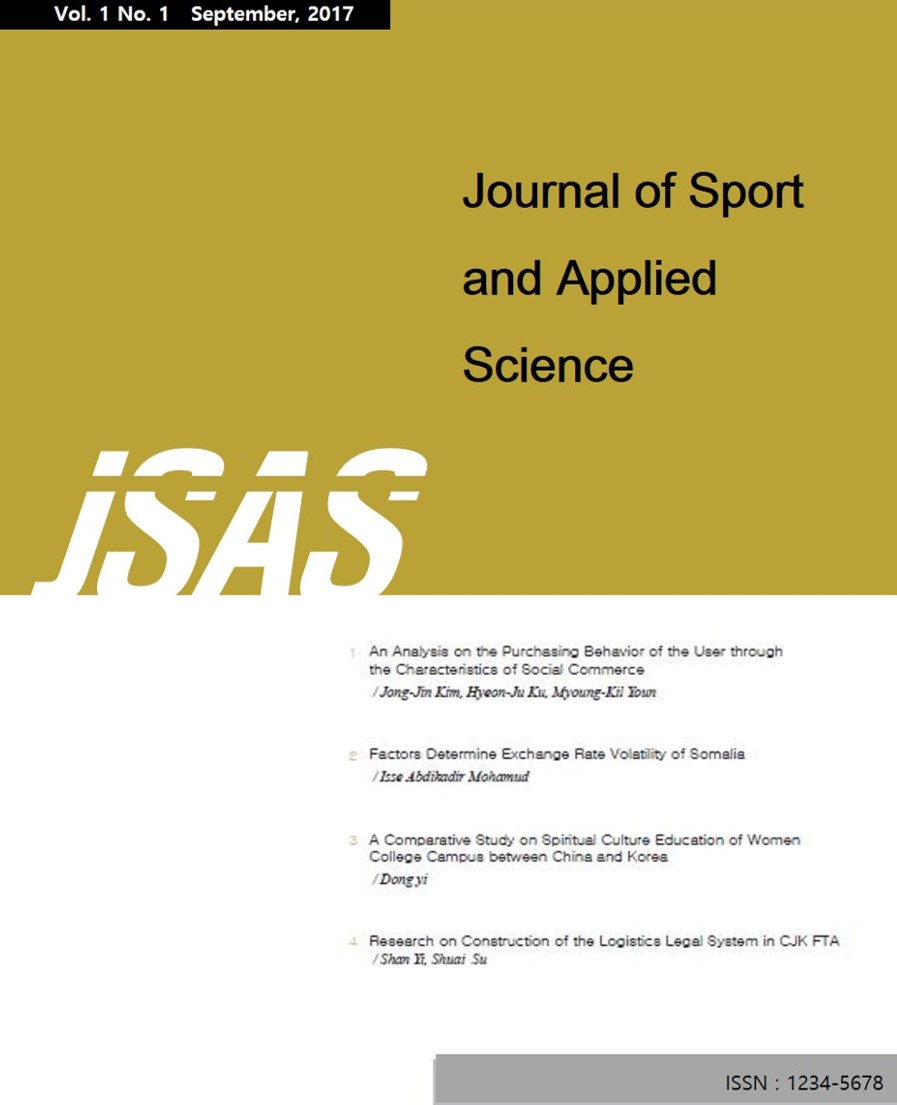 E-ISSN : 2586-6028
E-ISSN : 2586-6028
Vol.2 No.1
Abstract
Today, the population of cycle participants is consistently increasing. Cycling is becoming not only a form of physical exercise but also a form of tourism in which cycle activities are related to visiting a particular destination. With the perspective of participation sport tourism, the purpose of this study is to investigate how the level of cycle tourists' participation affects their quality of life. An online survey link was sent to cycle participants to collect data. Out of the total 337 respondents, a total of 226 samples were used for the final analysis, disregarding those that were found to be inadequate or unreliable. For data analysis, frequency analysis, reliability test, validity, correlations, and regressions were employed with SPSS 22.0. For our first result, we found that the level of cycle participation did not significantly affect the quality of physical life. Second, the level of cycle participation did not have significant effect on the quality of mental life. Third, the level of cycle participation behavior did not have a significant effect on the quality of social life. Fourth, the level of cycle participation behavior did not have a significant effect on the quality of environmental life. Conclusions and political implications are discussed.
Abstract
In spite of importance of safety issues in community sport, little concerns have been paid to the sport safety policy. Governing bodies and individuals involved with the facility management have a responsibility to manage the risks at acceptable levels. For sports injury prevention interventions, the safety policy of sport facilities should be made to provide a structured framework which can be implemented at community sport. Hence, the current study is to identify the safety issues and to generate the policies that assist to conduct the systematic safety management at sports facilities. For this, the current study analyzed two cases from Japan and Germany. The study reviewed multiple pieces of literature including journal publications, political reports, and media coverage. Through review, the study analyzed the organizational structure, legal systems, and political stance of the safety management of sport facilities in Japan and Germany. The results proposed the following issues. First, law needs to be enacted to establish the control tower where has a responsibility to develop the safety manual and system. Second, local organizations need to be established to educate individuals working in sport facilities and inspect the facilities. Further political issues were discussed for safety management in Korea sport facilities.
Abstract
One of the largest and fastest growing segments of the tourism industry, sport tourism refers to travel to play sports, watch sports, or to visit a sport attraction including both competitive and non-competitive activities. In this respect, cycling can be considered as not only a form of physical exercise but also a form of tourism in which cycling is a usual tourism-related activity, heading to a particular destination. The purpose of this study is to examine how demographical differences of cycle tourists are related to the quality of their life. An online survey was conducted and data was analyzed using frequency, reliability, and one - way ANOVA using SPSS 22.0. First, we found that there was no significant difference on the quality of physical life based on demographical characteristics. Second, the analysis of the relationship between demographical characteristics and the quality of mental life showed that income level affects their quality of mental life. Third, the analysis of the relationship between socio demographic characteristics and the quality of social life showed that marital status affects the quality of social life. Fourth, no statistically significant difference was found between the demographical characteristics and the quality of environmental life. Further implications were discussed.













